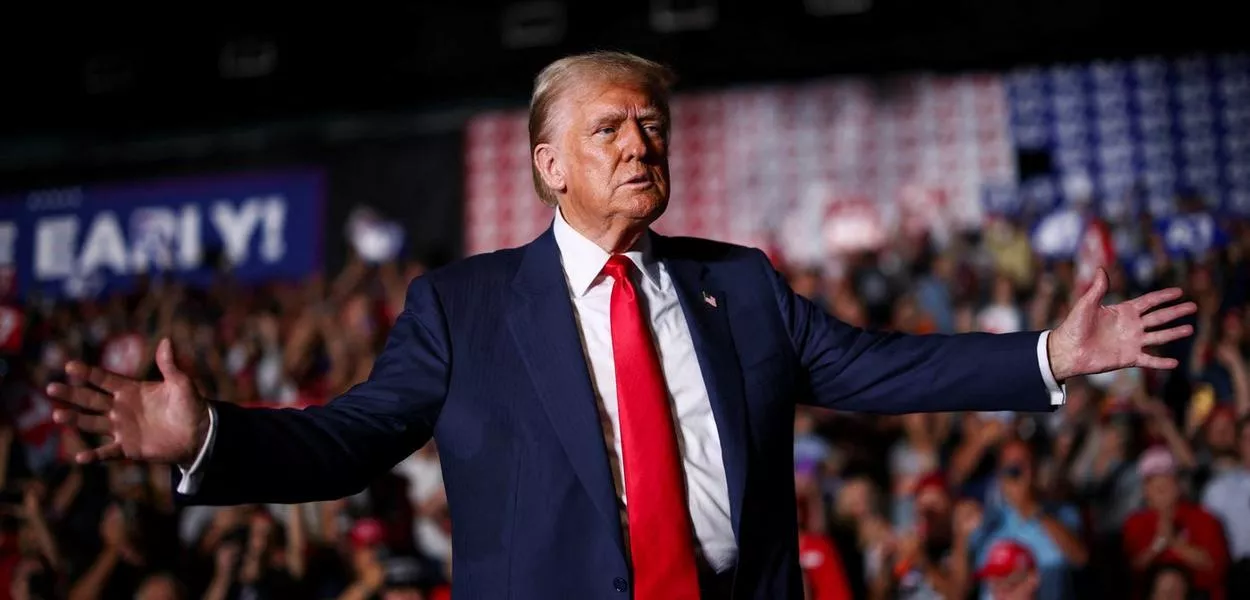
During the annual meetings of the International Monetary Fund (IMF) and the World Bank, held last week in Washington, DC, world financial leaders expressed deep concern about the possibility of Donald Trump returning to the United States presidency in November.
These concerns centered on the possible impacts of its policies on global trade relations and international financial stability.
Trump’s rise in the polls, closing in on his rival, Vice President Kamala Harris, was one of the main topics of discussion among participants, who included financial officials, central bankers and representatives of civil society groups.
Kazuo Ueda, governor of the Bank of Japan, indicated that there is “high uncertainty” about who will assume the presidency and the policies that will be implemented.
Among the measures proposed by Trump are the imposition of a 10% tariff on all imports and a 60% tariff on Chinese products, which, according to analysis, could destabilize global supply chains and increase costs for consumers and companies.
These policies, along with promises of significant tax cuts, could add trillions of dollars to the U.S. national debt, already estimated to grow to $22 trillion by 2034 by the Congressional Budget Office.
In contrast, a Harris victory is perceived by many as a continuation of Joe Biden’s multilateral re-engagement policies, focusing on issues such as climate, corporate taxes and development bank reforms. While Harris’ plans also call for an increase in debt, this would be on a much smaller scale compared to Trump’s.
German Finance Minister Christian Lindner commented on trade tensions, highlighting that a trade war between the US and the European Union would have no winners.
Financial markets are already reacting to the possibility of Trump returning to power, with significant increases in the DXY index, which measures the dollar’s performance against other major currencies.
Roberto Campos Neto, president of the Central Bank of Brazil, noted that pro-Trump bets are already influencing inflation and long-term interest rate expectations.
This IMF and World Bank meeting comes at a time when the global battle against inflation is considered largely won, with the United States offsetting economic weaknesses seen in China and Europe.
With information from Reuters
Source: https://www.ocafezinho.com/2024/11/01/temor-financeiro-global-dominam-o-fmi-e-banco-mundial-com-a-potencial-vitoria-de-trump/

